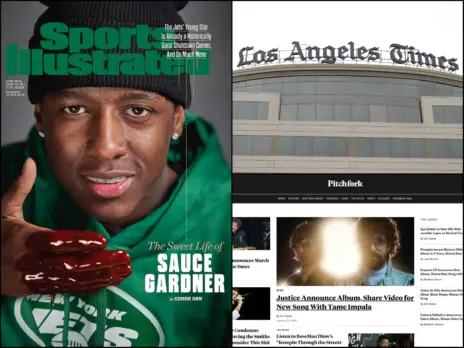
A judge has banned the media from identifying a dead child in a criminal case – then prevented a newspaper from publishing its story for nearly a week when its lawyers pointed out that he had no right to make the reporting restriction order.
Judge David Paget imposed the order, under section 39 of the Children and Young Persons Act 1933, in a case at the Old Bailey in which 18-year-old Manisha Ruttan admitted the manslaughter of her infant son, who she left on a rooftop in Streatham, south London, the day following his birth.
Neighbours spotted the infant, who was wrapped in a plastic bag, and he was taken to hospital but died later that day.
A journalist from the Central News news agency tried to challenge the order when it was first made on January 15 by Judge Paget, pointing out that a court has no power to use section 39 to prohibit the identification of a dead child.
But the judge said that he would hear representations when Ruttan appeared for her sentencing hearing in March.
The South London Press, part of the Tindle Newspapers, then got solicitor Nigel Hanson of law firm Foot Anstey to write to the judge and ask him to lift the order.
His letter was faxed to the court on January 16 – and two days later, on January 18, the judge’s clerk contacted the law firm to say that while the judge was inclined to lift the order, he first wanted to contact the defence and prosecution to see if they wanted to make any representations, and had given them until Monday January 21 to do so.
It was not until Tuesday January 22 that Mr Hanson and the newspaper were told that the judge had lifted the order.
South London Press series editor Hannah Walker said: “We had the whole story quite early and we had to hold over publication because of the order, which meant we could not identify the mother.
“It was extremely frustrating, really, because it did not need to happen in the first place – section 39 orders are to protect living children.”
Reporter Robert Dex, who did the story of the infant’s death, said: “We knew the section 39 order had been made unlawfully and we also had this amazing exclusive story we could not publish.
“I imagine the judge made the order for what he thought was the best of reasons – to protect the mother – but it is worrying, to put it mildly, when a judge applies the law incorrectly.”
Guidelines entitled Reporting Restrictions in the Crown Court, which are published by the Judicial Studies Board and were re-issued to Crown Court last years on the instructions of Lord Justice Leveson, the Senior Presiding Judge, state on page 8: “Under the old legislation, it was held that there was no power to make an order to prevent identification of a deceased child. This would appear to apply equally under the new law.”
The reference to the “old legislation” is to section 39 of the 1933 Act, while the reference to the “new law” is to section 45 of the Youth Justice and Criminal Evidence Act 1999, which has not been brought into force.
The South London Press’s story detailed how Ruttan, who was heavily pregnant, arrived in Britain from her native Mauritius.
But a day after giving birth to the child, a boy named Harsh, she abandoned him on the rooftop, and he died later in hospital.
Ruttan, who admitted manslaughter, was remanded to be sentenced in March.
It has emerged that before she left Mauritius, her baby’s father, Kishan Mohit, had asked her father for permission to marry her.
But Ruttan father’s rejected the idea, which led to Mohit fire-bombing his car after a series of angry confrontations.
Mohit’s brother then stabbed Ruttan’s father to death – in front of his son and several police officers – when he went to the police station to make a statement.
Email pged@pressgazette.co.uk to point out mistakes, provide story tips or send in a letter for publication on our "Letters Page" blog







